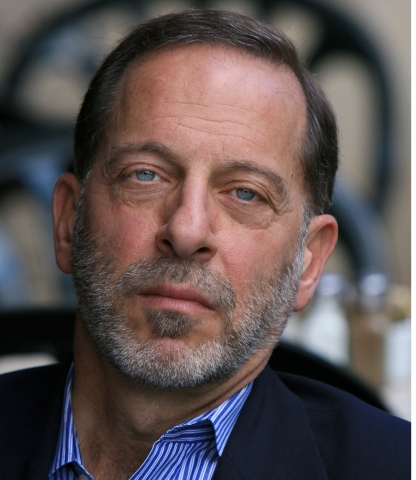by Gail Hairston
(Oct. 31, 2014) — American efforts to further a "peace process" in the Middle East has instead exacerbated the conflict, according to Rashid Khalidi, the next speaker in the University of Kentucky College of Arts and Sciences year-long Passport to the World:Year of the Middle East series.
 Khalidi will also explore how America could contribute to a just resolution of the Palestine issue during his lecture at 7 p.m. Monday, Nov. 3, at Memorial Hall.
Khalidi will also explore how America could contribute to a just resolution of the Palestine issue during his lecture at 7 p.m. Monday, Nov. 3, at Memorial Hall.
Khalidi is the Edward Said Professor of Arab Studies and chair of the Department of History at Columbia University. He received his bachelor's from Yale University in 1970 and a doctorate in philosophy from Oxford University in 1974, and has taught at the Lebanese University, the American University of Beirut, Georgetown University, and at the University of Chicago. He is past president of the Middle East Studies Asociation, was an advisor to the Palestinian delegation at the 1991-1993 Arab-Israeli peace negotiations, and is editor of the Journal of Palestine Studies.
Khalidi is the author of seven books: "Brokers of Deceit: How the U.S. Has Undermined Peace in the Middle East"; "Sowing Crisis: American Dominance and the Cold War in the Middle East"; "The Iron Cage: The Story of the Palestinian Struggle for Statehood"; "Resurrecting Empire: Western Footprints and America’s Perilous Path in the Middle East"; "Palestinian Identity: The Construction of Modern National Consciousness"; "Under Siege: PLO Decision-making during the 1982 War"; and "British Policy Towards Syria and Palestine, 1906-1914."

